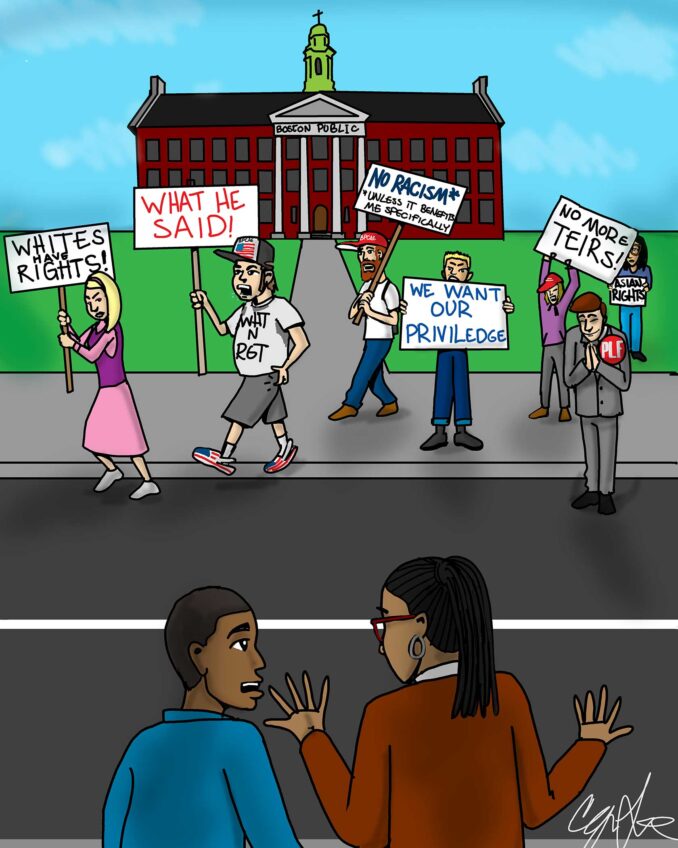
One of America’s leading bank robbers, Willie Sutton, was once asked why he robs banks. He is reported to have answered simply, “because that’s where the money is.” With today’s payroll possibilities, Sutton might have suggested that it’s more profitable to join the Boston police force. The highest paid city employee in 2016 was a Boston police detective who was paid $403,000. In fact, 98 of the top 100 highest earners were employees of the police department.
The problem is that there are apparent opportunities for police officers to pad the amount of their pay. According to an analysis of the highest paid detective’s income, he received $58,600 for overtime and $121,900 for police detail. His base pay was $92,500. Overtime pay is not generally available in private industry for those at that salary level. In fact, President Obama lost the battle to require employers to pay time and a half for all employees earning less than $47,486 ($913/week). The present level is only $23,660 ($455/week).
There is no statutory requirement in Massachusetts to require overtime pay for the police or for executives. Even though there is no legal requirement to do so, police contracts require that they be paid for no fewer than four hours if they have to work overtime. Assume for this analysis that the detective actually worked only half of the overtime hours for which he was paid, then he accrued 439 hours.
With a two-week vacation, he would have worked 2,000 hours in 2016, with another 439 hours of actual overtime work. Add to that the hours of special details work at the overtime rate of $66.70/hour and there are another 1,827 hours of work. It is clear that the numbers don’t add up. A normal work load of 40 hours per week for 50 weeks is 2,000 hours for the year. Add to that the 439 hours of overtime and 1,827 hours for special detail work, that comes to 4,266 hours per year or 85 hours per week.
The normal work week is 40 hours long. The detective had to work more than twice the normal period for the whole year. Such a work load would impair the effectiveness of the average person. But it also creates another problem. In some similar situations there could be a suspicion that the record of the time and work performance was somehow inaccurate.
There is also a policy issue to consider. The average salary for school teachers is substantially less than the average for police officers. On average, teachers earn $80,799 per year compared with $124,498 for police officers. One must wonder whether the expenditure of limited financial resources to provide generous police salaries produces the greatest social benefit.






